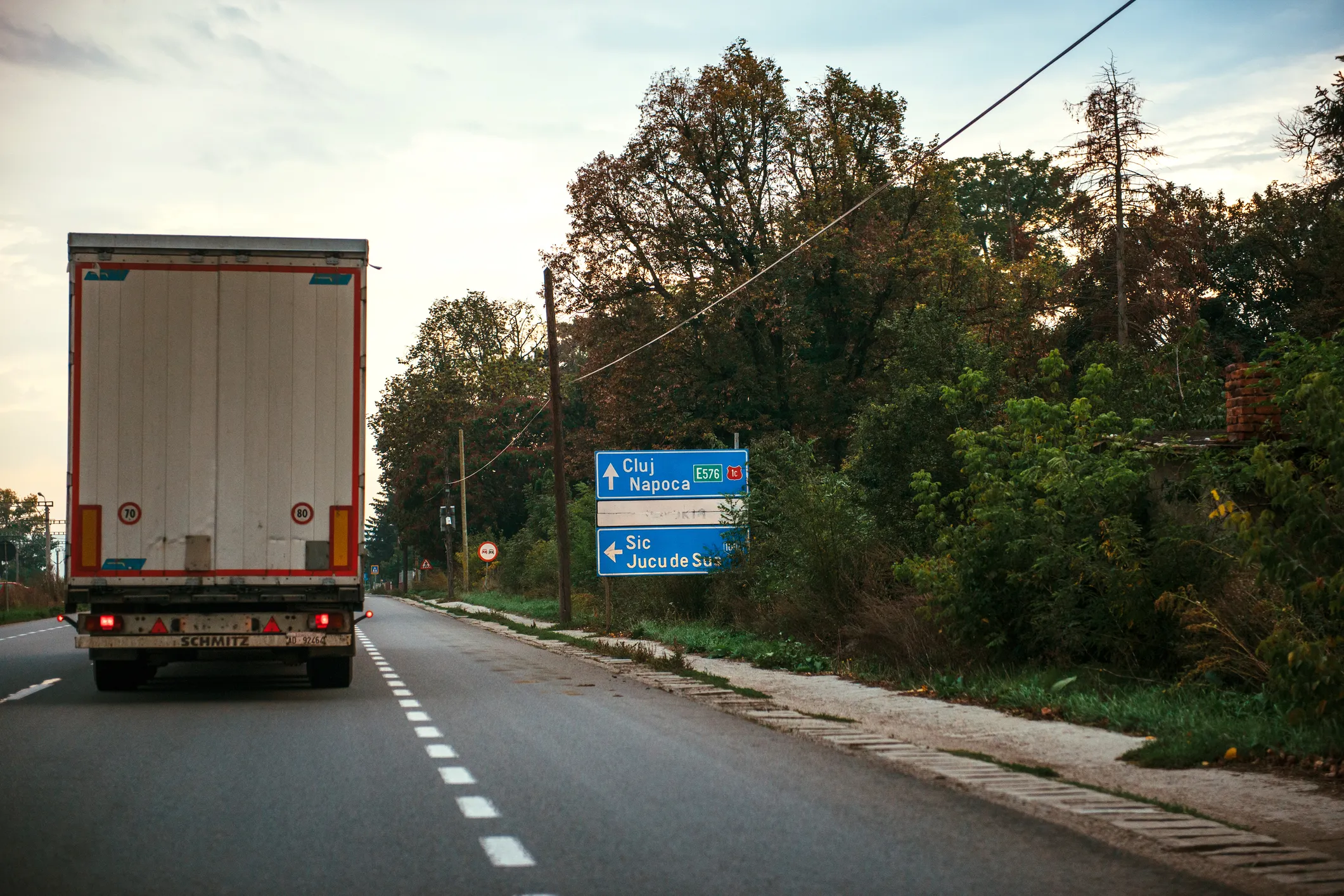Road safety in Romania continues to be a major issue, with the country seeing more deaths in 2009 than in 2001.
A study by the European Transport Safety Council (ETSC) shows that Romanian roads are eight times more dangerous than similar links in Sweden, which has Europe’s best record for road safety (see also Safety Report). Romania, along with Malta, has bucked a trend within Europe of reducing road accidents levels between 2001 and 2009 according to the report.
However, while Malta’s road fatality rate
May 14, 2012
Read time: 2 mins
Road safety in Romania continues to be a major issue, with the country seeing more deaths in 2009 than in 2001.
A study by the1197 European Transport Safety Council (ETSC) shows that Romanian roads are eight times more dangerous than similar links in Sweden, which has Europe’s best record for road safety (see also Safety Report). Romania, along with Malta, has bucked a trend within Europe of reducing road accidents levels between 2001 and 2009 according to the report.
However, while Malta’s road fatality rate has worsened in the 2001-2009 period, the country’s road death rate is still comparatively low. Romania by comparison has the highest death rate on its roads when compared with its population level of any EU nation, presenting both a massive yet avoidable human toll and a major barrier to much-needed economic development.
In 2009, 2,796 people died on Romania’s roads, compared with 2,454 in 2001, an increase of 14%. The mortality rate on Romanian roads is 130 people/million inhabitants/year and its overall population is 21.5 million. Greece also has a worryingly high accident rate of 129 people/million inhabitants/year, followed by Poland at 120 people/million inhabitants/year and Bulgaria at 118 people/million inhabitants/year.
At the opposite extreme, the lowest mortality rates were registered in Sweden at 39 people/million inhabitants/year and the UK at 40 people/million inhabitants/year.
Romania’s road network has been described at official levels within the EU as “a shambles” and despite plans to build new highways, repair the country’s many potholed roads and surface the two-thirds of the network that is at present unsurfaced, little or nothing has been done.
Romania has just 53km of highways and while some €160 million was spent on feasibility studies during 2008, the country’s road expansion scheme has failed to meet every deadline so far set. Data reveals that Romania’s road system is still the EU’s worst and by a wide margin. While EU funds are available to build new roads and improve existing links in Romania, the country’s Transport Ministry has so far proven unable to carry out any work.
A study by the
However, while Malta’s road fatality rate has worsened in the 2001-2009 period, the country’s road death rate is still comparatively low. Romania by comparison has the highest death rate on its roads when compared with its population level of any EU nation, presenting both a massive yet avoidable human toll and a major barrier to much-needed economic development.
In 2009, 2,796 people died on Romania’s roads, compared with 2,454 in 2001, an increase of 14%. The mortality rate on Romanian roads is 130 people/million inhabitants/year and its overall population is 21.5 million. Greece also has a worryingly high accident rate of 129 people/million inhabitants/year, followed by Poland at 120 people/million inhabitants/year and Bulgaria at 118 people/million inhabitants/year.
At the opposite extreme, the lowest mortality rates were registered in Sweden at 39 people/million inhabitants/year and the UK at 40 people/million inhabitants/year.
Romania’s road network has been described at official levels within the EU as “a shambles” and despite plans to build new highways, repair the country’s many potholed roads and surface the two-thirds of the network that is at present unsurfaced, little or nothing has been done.
Romania has just 53km of highways and while some €160 million was spent on feasibility studies during 2008, the country’s road expansion scheme has failed to meet every deadline so far set. Data reveals that Romania’s road system is still the EU’s worst and by a wide margin. While EU funds are available to build new roads and improve existing links in Romania, the country’s Transport Ministry has so far proven unable to carry out any work.







